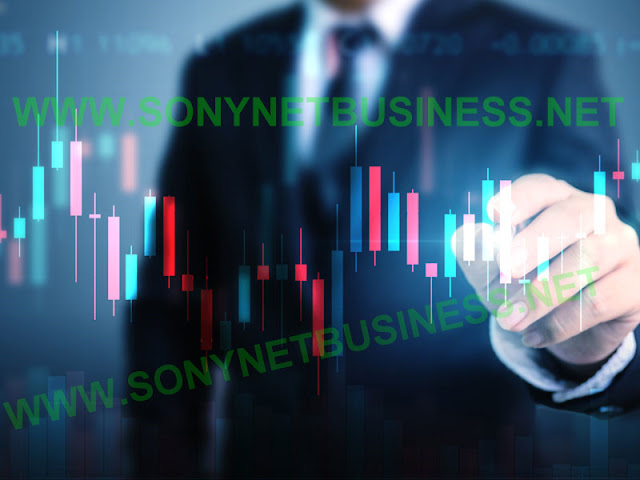There isn't a single part of our lives that hasn't been influenced by technological advancements. Not only that, but these advancements are happening at a rapid pace. Trading has been on the cutting edge of technical advancements, and that's what we'll be talking about in this blog.
 |
| What impact has technology had on trading? |
The beginning.
The end of the public uproar
The great majority of equities, government bonds, and commodity trading were conducted on physical exchanges by open outcry until the mid-1990s. Humans purchasing and selling to each other on behalf of financial institutions, private persons, or on their own account. The trading pits and traders were virtually vanished by the turn of the millennium, since the exchanges had gone electronic and online. When it came to updating systems, whether for speedier transmission or data storage, banks and financial institutions were willing to spend up.They may also see how much money they could save. Trading was ideally suited to a migration to the internet. For starters, most commercial contracts had already been standardised, ensuring that everyone knew what they were buying and selling.
Volume and speed
Prices could be changed more often as trading grew more automated. This aided in increasing execution speed, which in turn increased trading volumes. Trading expenses have been reduced, while pricing transparency has improved. As volumes increased, commissions decreased, and trading spreads (the gap between the selling and purchasing price) decreased as well. Trading costs were reduced as a result of automation, and new rivalry among providers arose.
Human engagement is reduced.
Humans became less important as the technology of the various exchanges improved. Instead, the computers that "clear" the deal had immediate contact, which decreased the number of back-office workers who had previously reconciled positions by hand. Then there was a shift away from market analysts who looked at charts and price movements. Algorithms, which are equations designed to trigger transactions based on specified and programmed patterns of market behaviour, were developed by mathematicians. Because banks and other significant financial organisations established 'dark pools,' where they combined their own trading with that of their clients, a higher percentage of business was conducted outside of the recognised exchanges.
Trading at a high frequency
Favored clients were frequently given access to these pools. They promised even tighter spreads and faster execution, which were quickly exploited by High-Frequency Traders. By funnelling their orders into the market faster than other operators, these traders were able to gain an advantage. Furthermore, some were able to 'front run' the market by spotting additional large orders before they hit the pool. Speed became everything, and there were undoubtedly some severe market manipulations. Not only that, but liquidity may vanish at any time, and the utter lack of human intervention resulted in multiple catastrophic "flash crashes."This usually happened when a trading algorithm cancelled a string of orders, resulting in an imbalance with prices collapsing or skyrocketing in milliseconds. Investors began to lose faith in the manner in which trading was conducted. However, the restrictions have been strengthened in recent years, and confidence has returned.
There will be more to come.
The majority of technical trading advancements have been beneficial to both traders and investors. Large transactions can be completed quickly and cheaply in a fraction of a second. As a result, trade volumes have increased, allowing exchanges to better defend their businesses. At the same time, private individuals have never had it easier to gain access to these marketplaces and trade on their own. Advances in computer power will undoubtedly provide us even more flexibility in how we trade in the future.













.png)
.png)